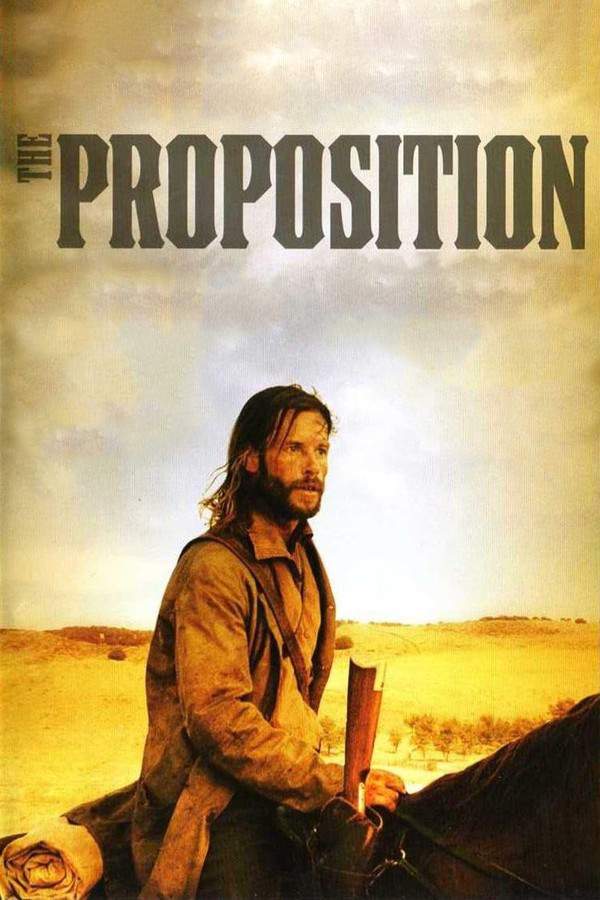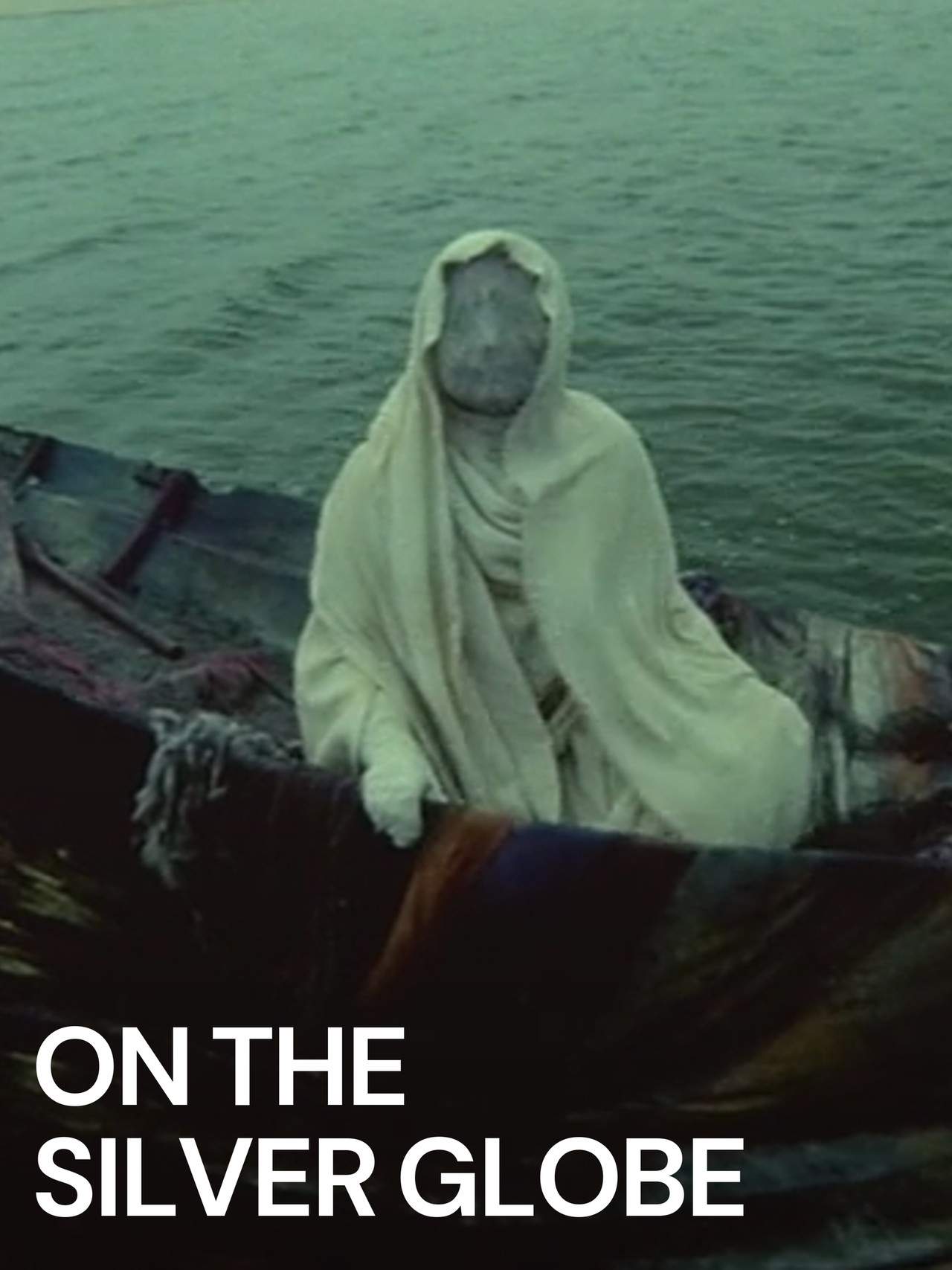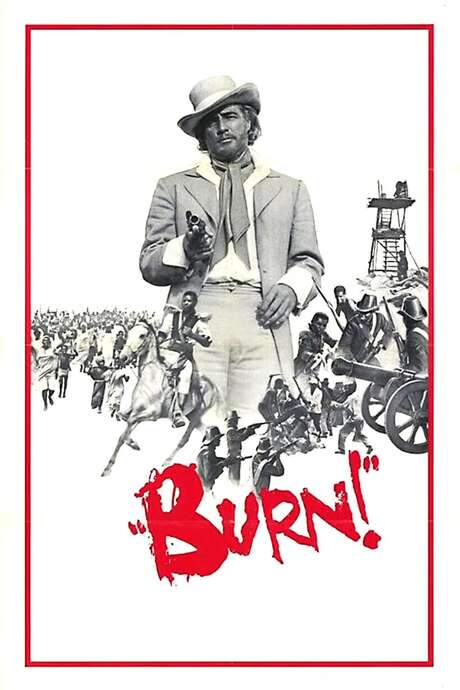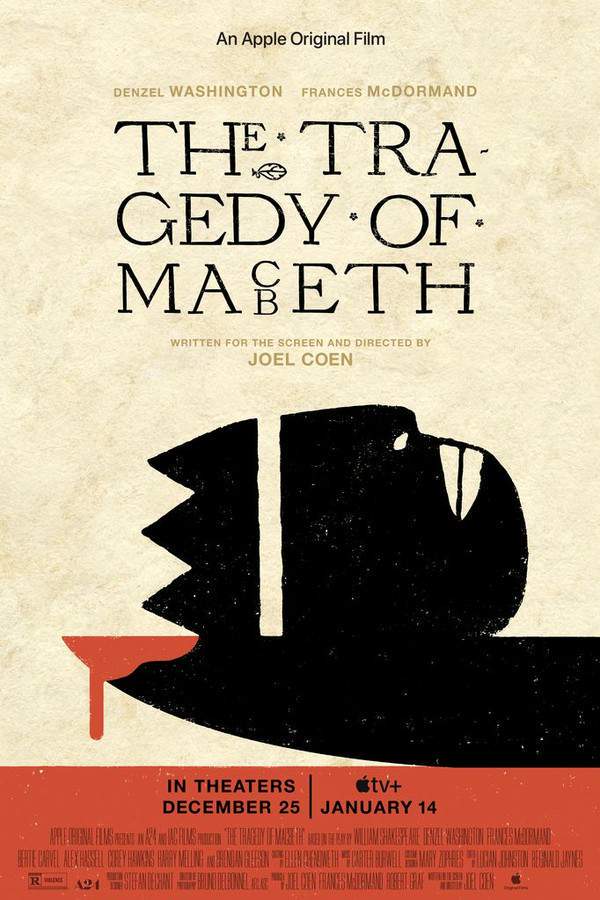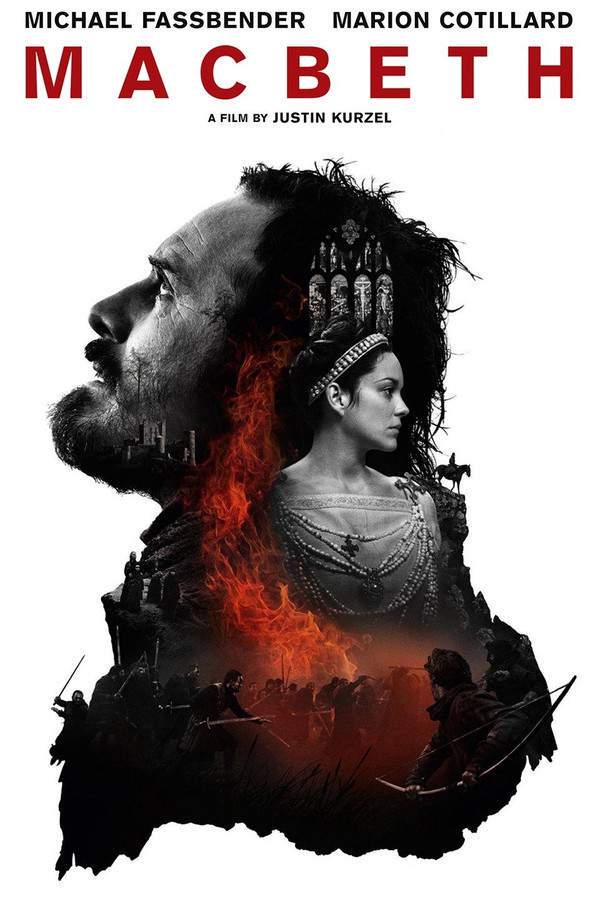
Cobra Verde
Year: 1987
Runtime: 111 mins
Language: German
Director: Werner Herzog
Fearsome 19th‑century bandit Cobra Verde raids Brazil and reaches Don Octávio Countinho’s sugar plantation, where he is hired to oversee the slaves. He impregnates the owner’s three daughters and is exiled to Africa to revive the slave trade. There he exploits tribal wars, captures a fortress and commands naked warriors in a desperate fight for survival.
Warning: spoilers below!
Haven’t seen Cobra Verde yet? This summary contains major spoilers. Bookmark the page, watch the movie, and come back for the full breakdown. If you're ready, scroll on and relive the story!
Cobra Verde (1987) – Full Plot Summary & Ending Explained
Read the complete plot breakdown of Cobra Verde (1987), including all key story events, major twists, and the ending explained in detail. Discover what really happened—and what it all means.
In the late 19th century, Francisco Manoel da Silva Klaus Kinski is a debauched Brazilian rancher whose drought-ravaged life forces him to take a job at a gold mining company. When he discovers he’s being financially exploited by the outfit, he murders his boss and goes on the run, reinventing himself as an outlaw and bandit. He earns the fearsome nickname Cobra Verde, becoming the most vicious bandit of the sertão.
A chance encounter in town sets his fate on a wider stage. He subdues by force of will an escaping slave, an act that captures the attention of the wealthy sugar baron Dom Octávio Coutinho José Lewgoy. Dom Coutinho, unaware that he’s dealing with the legendary Cobra Verde, hires the outlaw to oversee slaves on his sugar plantation. The arrangement seeds a dangerous paradox: Da Silva’s prowess and ruthlessness are valued, even as they expose him to the depths of exploitation that underpin Dom’s wealth.
The story thickens when Da Silva impregnates all three of Dom Coutinho’s daughters; the sugar baron’s fury grows, yet the situation escalates in a direction no one expects. Rather than pursue vengeance, Dom Coutinho devises a perilous mission: to reopen the slave trade with Western Africa. The bandit accepts the assignment, fully aware that it will almost certainly be a trap that could cost him his life, but he chooses to gamble on a future where power—and profit—are measured in chains and rifles rather than gold.
Da Silva’s voyage carries him to Dahomey in West Africa (present-day Benin), where he must negotiate with the formidable King Bossa Ahadee Nana Agyefi Kwame II. Against long odds, he manages to convince the King to exchange slaves for new rifles, a shocking reversal of power that gives him leverage across the coast. With Taparica King Ampaw as his partner—the sole survivor of the previous expedition—they begin operating the slave trade across the Atlantic, pushing the brutal system deeper into Brazil’s markets.
Yet Dahomey’s ruler is not easily outmaneuvered. The King soon accuses Da Silva of crimes he cannot substantiate, including poisoning the King’s greyhound, and sentences him to death. In a dramatic twist, the King’s nephew rescues them on the night before the execution, forging a blood alliance with Da Silva that promises to upend royal power. Seizing the momentum, Da Silva trains an enormous army of native women who, after learning to wield weapons, are unleashed on a raid to overthrow the King. The audacious uprising succeeds, and a new regime comes to power, maintaining the slave trade under the puppet leadership that Da Silva helps install.
Even as the tide shifts, the broader world intrudes. Brazil has outlawed slavery and seized Da Silva’s assets, while the British place a price on his head. Yet the outlaw-turned-baron grows to acknowledge, perhaps for the first time, that slavery is a crime—an insight that shapes his reactions to the collapsing world around him. The final chapters unfold on the sunlit, wind-swept shores of Elmina, where Da Silva, exhausted and desperate, tries to haul a boat into the water with every ounce of strength he has left. The rope digs into his hands as the sea’s edge crawls toward him; a polio-crippled African man crawls toward him along the shore, as if fate itself were closing the circle.
When the dust settles, the film closes with a stark, unsettling image: a group of confident young African women chant over the end credits, a haunting counterpoint to a life spent bending the global order to one man’s will. The tale, told with a cool, unflinching eye, remains a provocative meditation on power, empire, and the human costs of conquest.
Last Updated: October 09, 2025 at 14:20
Explore Movie Threads
Discover curated groups of movies connected by mood, themes, and story style. Browse collections built around emotion, atmosphere, and narrative focus to easily find films that match what you feel like watching right now.
Dark Colonial Epics like Cobra Verde
Stories where the pursuit of power in colonial systems leads to moral decay.For viewers who appreciated the stark portrayal of historical exploitation in Cobra Verde, this section features movies with similar themes. Explore other powerful dramas that critically examine colonialism, slavery, and the moral decay of power, offering a heavy and thought-provoking viewing experience.
Narrative Summary
Narratives in this thread often follow a character's descent as they engage with a colonial system, initially seeking profit or survival but ultimately being consumed by its violence and moral bankruptcy. The journey is typically linear and escalating, moving from opportunism to psychological unraveling or existential crisis within a vast, oppressive setting.
Why These Movies?
Movies are grouped here for their shared dark tone, high intensity, and heavy emotional weight derived from their serious engagement with historical exploitation. They share a bleak worldview, a steady, epic pacing, and a focus on the corrosive effects of power on the individual.
Movies about a Descent into Madness like Cobra Verde
Character studies of a psychological unraveling fueled by ambition and violence.If you were fascinated by the psychological unraveling of the main character in Cobra Verde, discover similar stories of moral collapse. This collection features intense character-driven dramas where protagonists spiral into madness, power, or existential despair, mirroring the dark and heavy vibe of the film.
Narrative Summary
The narrative pattern is one of escalating internal conflict. The protagonist, often starting from a morally ambiguous position, makes choices that lead them down a path of increasing isolation and psychological fragmentation. The external world becomes a reflection of their inner chaos, culminating in a state of exhaustion, trapped despair, or complete breakdown.
Why These Movies?
These films are linked by their intense focus on a character's psychological deterioration. They share a dark tone, high emotional weight, and a bleak ending feel. The pacing is often steady, methodically charting the character's fall, and the experience is characterized by a sense of fatalism and existential dread.
Unlock the Full Story of Cobra Verde
Don't stop at just watching — explore Cobra Verde in full detail. From the complete plot summary and scene-by-scene timeline to character breakdowns, thematic analysis, and a deep dive into the ending — every page helps you truly understand what Cobra Verde is all about. Plus, discover what's next after the movie.
Cobra Verde Timeline
Track the full timeline of Cobra Verde with every major event arranged chronologically. Perfect for decoding non-linear storytelling, flashbacks, or parallel narratives with a clear scene-by-scene breakdown.

Characters, Settings & Themes in Cobra Verde
Discover the characters, locations, and core themes that shape Cobra Verde. Get insights into symbolic elements, setting significance, and deeper narrative meaning — ideal for thematic analysis and movie breakdowns.

Cobra Verde Spoiler-Free Summary
Get a quick, spoiler-free overview of Cobra Verde that covers the main plot points and key details without revealing any major twists or spoilers. Perfect for those who want to know what to expect before diving in.

More About Cobra Verde
Visit What's After the Movie to explore more about Cobra Verde: box office results, cast and crew info, production details, post-credit scenes, and external links — all in one place for movie fans and researchers.

Similar Movies to Cobra Verde
Discover movies like Cobra Verde that share similar genres, themes, and storytelling elements. Whether you’re drawn to the atmosphere, character arcs, or plot structure, these curated recommendations will help you explore more films you’ll love.
Explore More About Movie Cobra Verde
Cobra Verde (1987) Scene-by-Scene Movie Timeline
Cobra Verde (1987) Movie Characters, Themes & Settings
Cobra Verde (1987) Spoiler-Free Summary & Key Flow
Movies Like Cobra Verde – Similar Titles You’ll Enjoy
Cobra (1986) Story Summary & Characters
The Black Cobra 3 (1990) Full Movie Breakdown
Cobra Mission (1986) Full Movie Breakdown
Cobra Against Ninja (1987) Spoiler-Packed Plot Recap
Forbidden Jungle (1950) Plot Summary & Ending Explained
The Cobra (1967) Spoiler-Packed Plot Recap
The Bandit (1953) Spoiler-Packed Plot Recap
Bomba and the Jungle Girl (1952) Film Overview & Timeline
Tarzan and the Great River (1967) Complete Plot Breakdown
Viva Cangaceiro (1969) Plot Summary & Ending Explained
African Treasure (1952) Full Movie Breakdown
O Cangaceiro (1997) Ending Explained & Film Insights
Black Snake (1973) Plot Summary & Ending Explained
The King of the Kongo (1929) Complete Plot Breakdown
Cobra Woman (1944) Movie Recap & Themes


